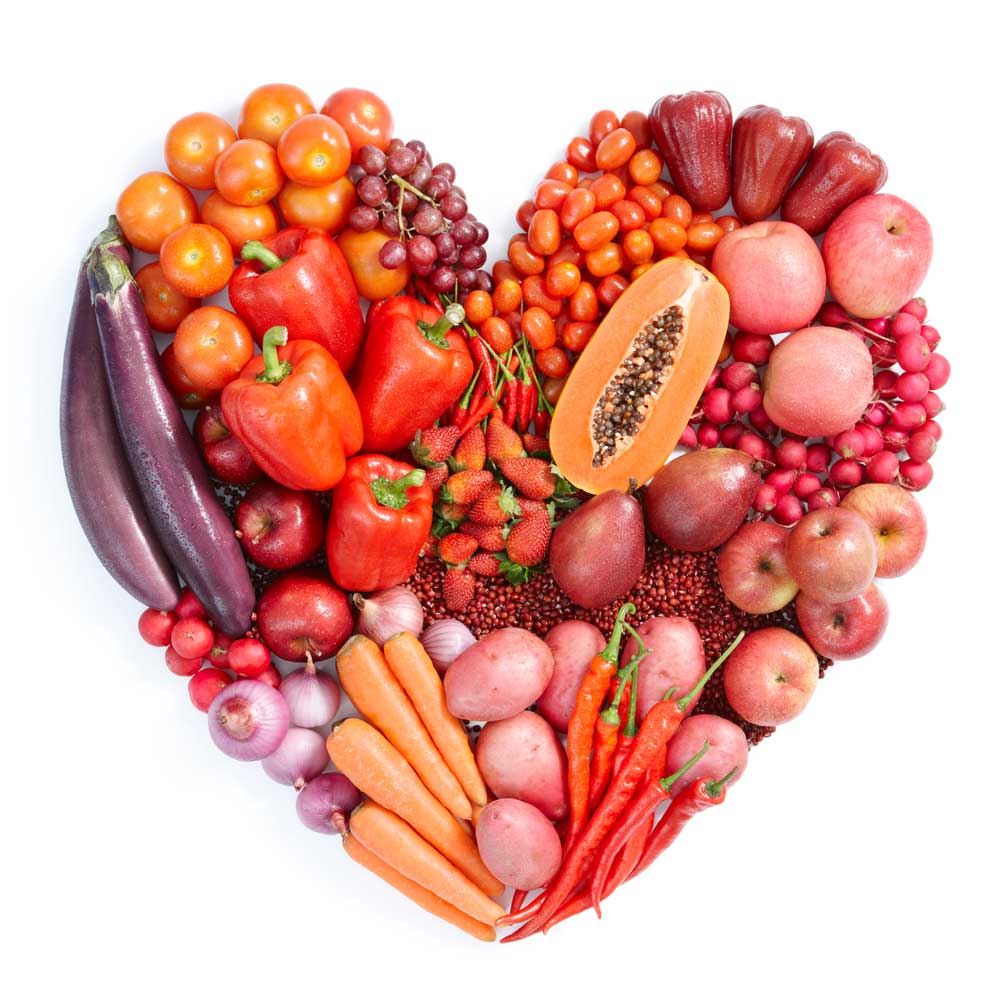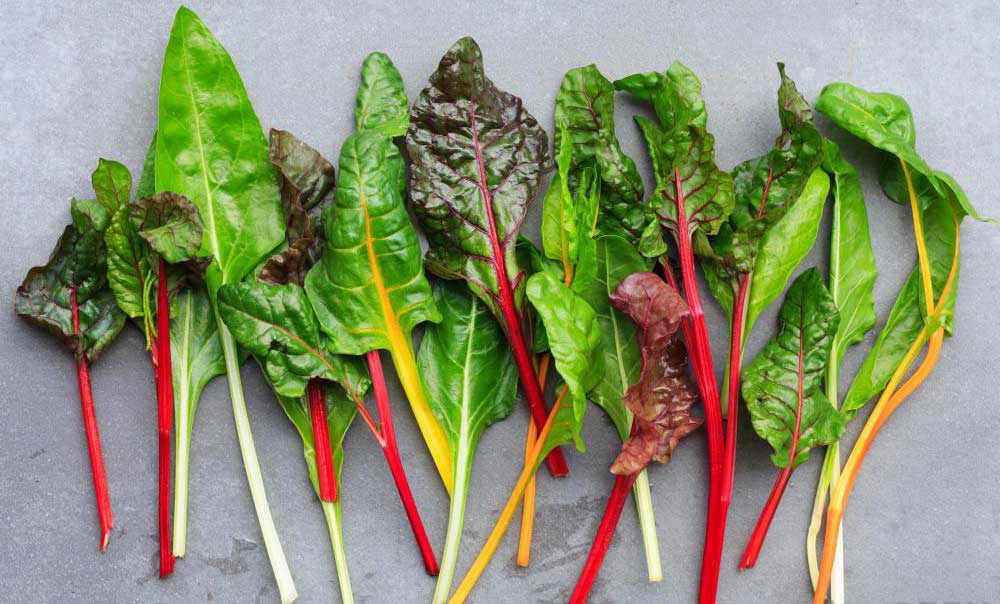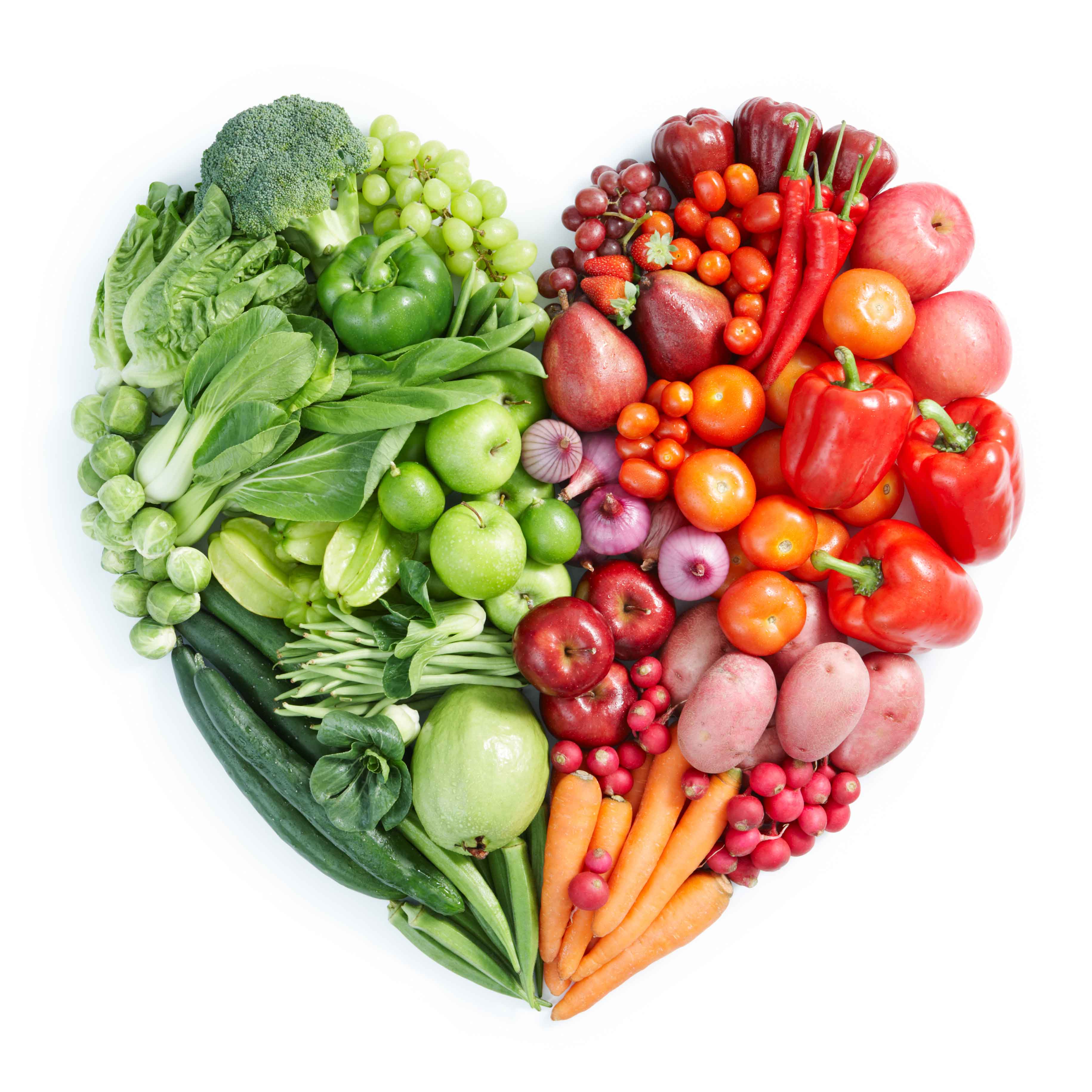
Vitamins are organic substances in plants and animals, help the body to function properly. They are essential for the function of cells, organs and the immune system and are a major source of energy.
What happens, however, when we take vitamins? What happens to food that contains molecules of vitamins? How the body absorbs them, to benefit from the positive effects.
Vitamin C
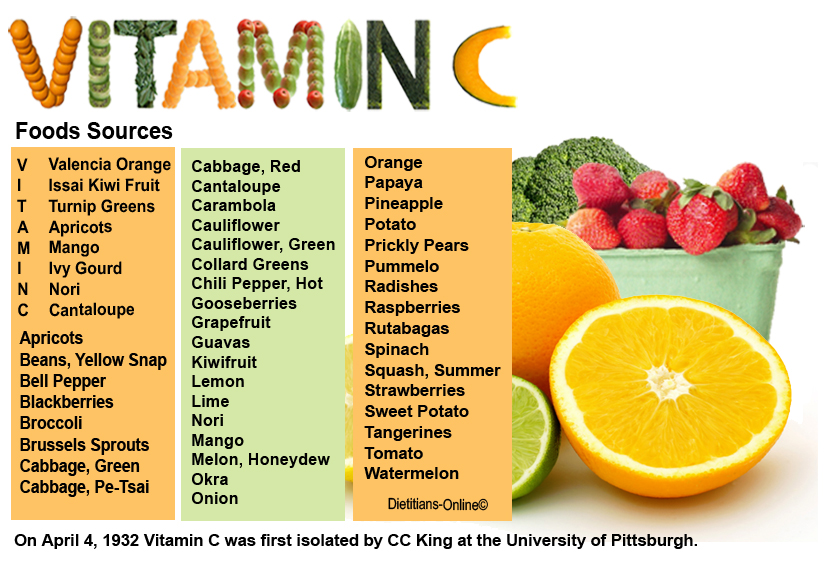
This depends on the type of vitamins, we’re talking about. There are two types: fat-soluble and water-soluble. In terms of digestion, this is not something extraordinary. Alimentary tract starts from the mouth, where food is mixed with saliva, starting the process of degradation. Food passes through the esophagus to the stomach, where the molecules of carbohydrates, fats, proteins, vitamins and other nutrients are broken down, usually from the stomach acids. The substances then pass through the small intestine, large intestine, rectum and finally through the anus, which disposed of non-food residues.

Image By David Dewitt https://thecozycoffee.com/best-espresso-beans/
Vitamins are absorbed in the small intestine. The water-soluble vitamins, such as vitamin c, have “active channels for absorption” – molecules that absorb them from the empty colon (upper 2/5 of the small intestine). From there the vitamins pass through the cell walls of the intestine and penetrate into the body, and then enter the bloodstream. Because it is dissolved in water, it is not necessary that stomach acids to promote their uptake; In addition, this means that leave the body with the urine, which entails consuming these vitamins daily.
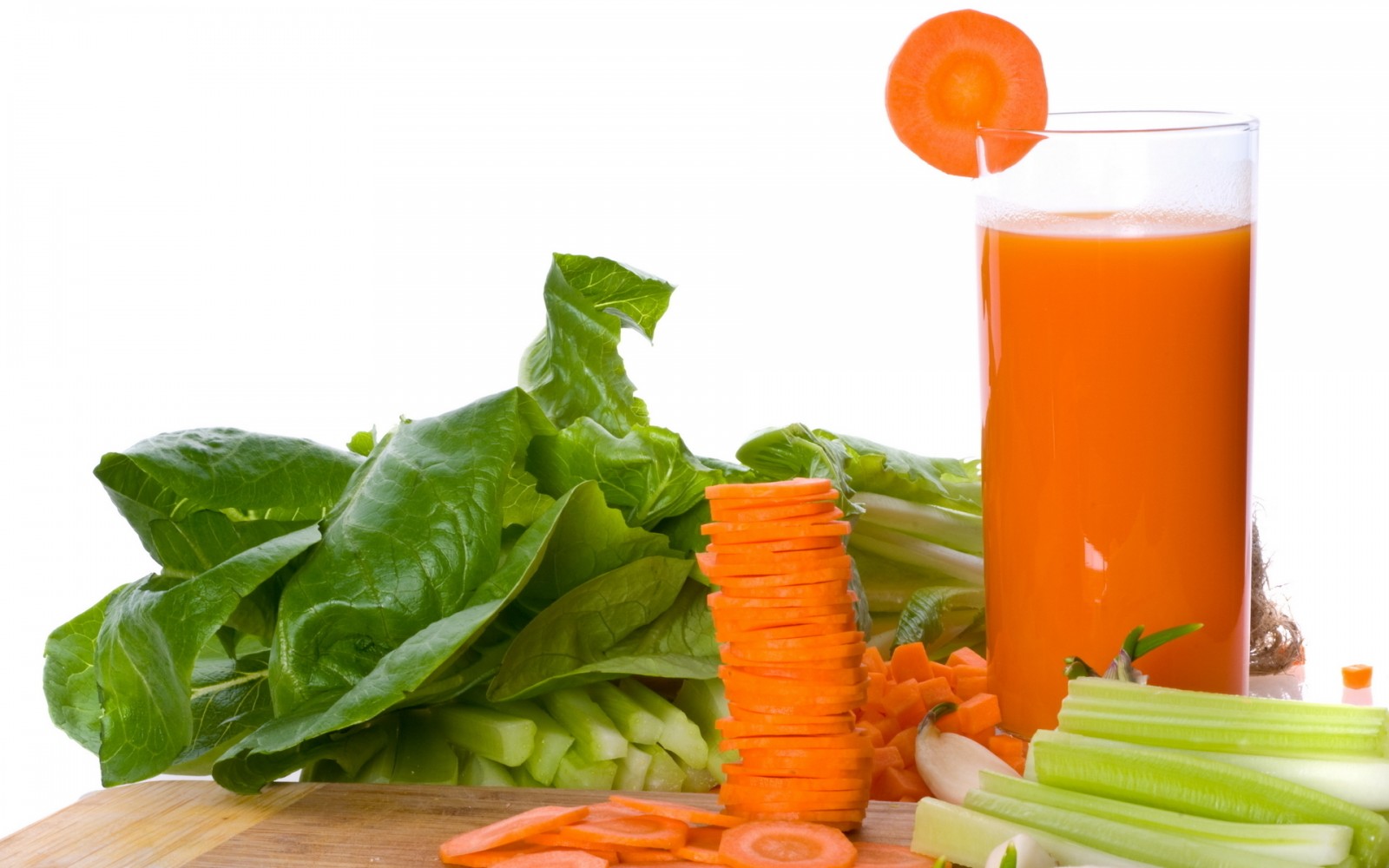
Group B vitamins are water soluble and must accept them every day, even though they can be assimilate a little differently. They are attached to proteins and therefore need stomach acids to be separated. The absorption of most of the vitamins happens further down into the small intestine, the ileum.
The other type of vitamins, fat soluble (A, D, E and K), you need to dissolve in fat before it can be absorbed by the body. The process requires a bile that is secreted by the liver. When bile break down the fats, which are dissolved vitamins, they pass through the walls of the intestine and reach the liver and body fat where are stored until they are needed. For this reason, the fat soluble vitamins are not depleted and taken daily and stay for longer in the body.
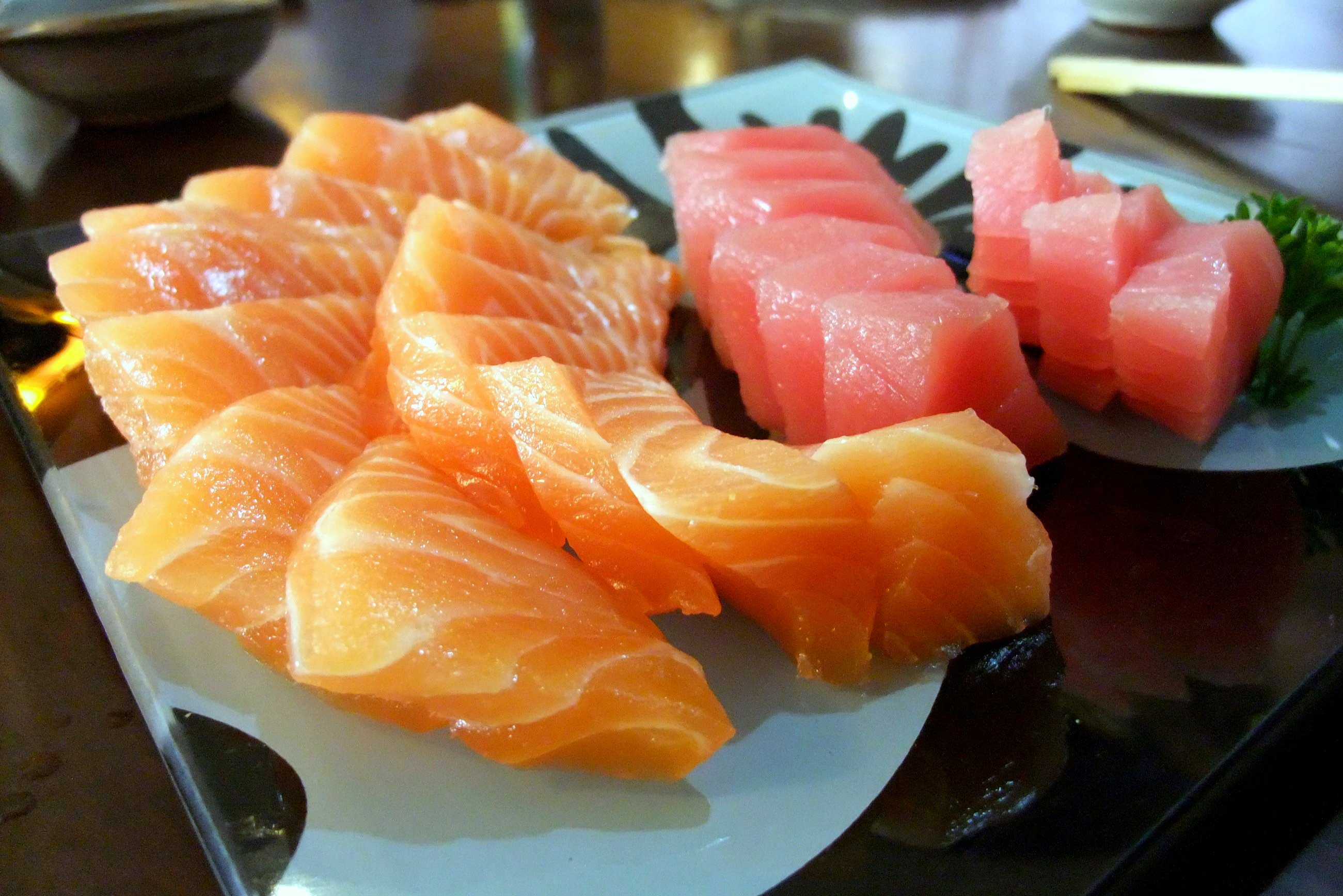
One of their drawback is that you can actually accumulate in the body, so it is important not to go overboard with them. In other words, be careful with Add-ons that contain fat-soluble vitamins.
On the other hand, the water-soluble vitamins like because I’m usually not stored for a long time in the body. Therefore, it is important to eat regularly, fruits, vegetables, fish, eggs and chicken meat.
